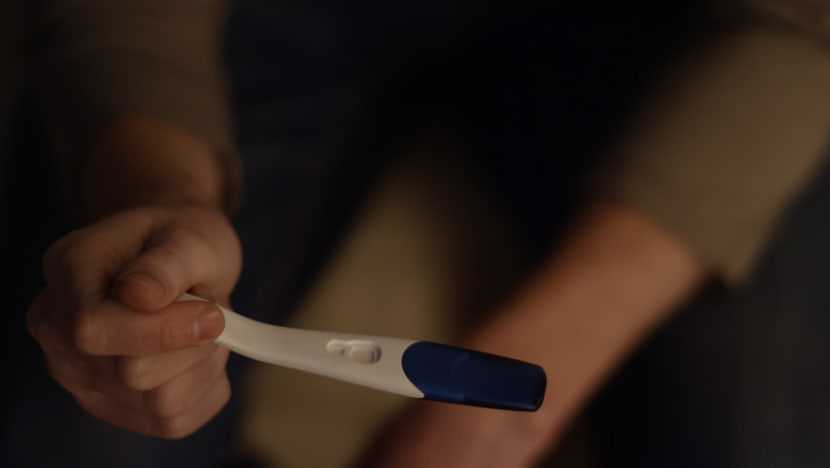‘My heart was shattered’: Social stigma hinders safe abortion in Thailand despite legalisation
27 November, 2021

When Lita* walked into a public hospital in April, she knew her decision to have an abortion was right and lawful.
Her pregnancy was early and unintended. Many responsibilities made her unable to raise a child and decide to end the pregnancy.
The 24-year-old, who was pursuing a master’s degree while working full-time, had never done it before. The idea, she said, was daunting.
But after a lot of research and consideration, she summoned the courage to seek medical advice on how to have a safe abortion. Little did she know that the hospital visit would leave her with an emotional scar - one that would hurt and humiliate her for the rest of her life.
“The doctor said to me: ‘Do you think this is a game? You lost and you just want to restart it by killing the baby?’” Lita recalled, saying she was shocked by the reaction.
“It was like a glass being smashed, breaking into pieces. My heart was shattered. I thought to myself, ‘I shouldn’t have come.’”
Abortion is a criminal offence in Thailand, punishable by up to six months in jail or a fine of no more than 10,000 Baht (US$304), or both.
In February, the fundamentals of abortion laws were amended for the first time in 64 years. This came after a ruling by the Constitutional Court that the criminalisation of abortion in Section 301 of the criminal code “excessively” affected women’s right and liberty in their life and person.
The court also suggested that laws related to abortion be amended to conform with the current situation, where it said advanced medical technology can ensure safe and timely healthcare.
Under the new laws, induced abortion is legal under several circumstances. People are now exempted from criminal charges if they abort within the first 12 weeks of pregnancy.
Medical practitioners are also provided with justifications to carry out abortions, such as if the pregnancy poses a threat to the mother’s physical or mental health.
The medical procedure is legitimate too if the pregnancy is a result of a sexual offence or there is a risk that the infant will be affected by severe disability once born.
For those whose pregnancy exceeds 12 weeks but not yet 20 weeks, a medical examination and pregnancy options counselling is required before they can legally request an induced abortion.
Yet, abortion, even if it is now legal under certain circumstances, remains a great challenge for many people in Thailand as it carries a social stigma.
Back in April, an ultrasound scanning showed Lita was seven weeks pregnant. Although it was within the legitimate period, the doctor did not perform the abortion for her or refer her to another healthcare unit.
Instead, she was told the decision would haunt her for the rest of her life, and that “women should be mothers, have a family and raise children”.
That day, Lita left the hospital feeling lost and hurt. “It was useless,” she said. “They told me they had run out of the medicine. Isn’t that awful?”
Source: www.channelnewsasia.com
TAG(s):
